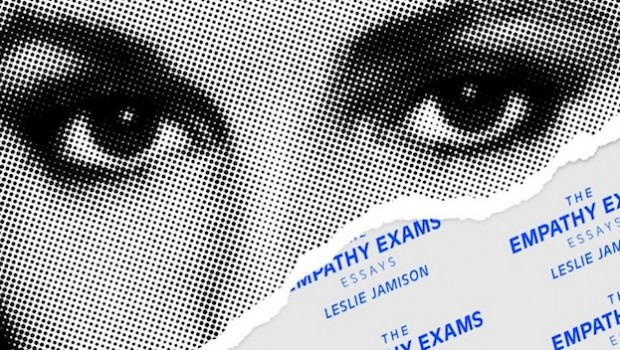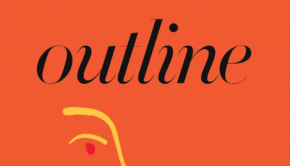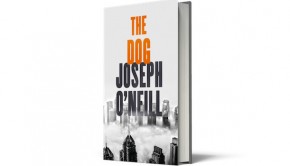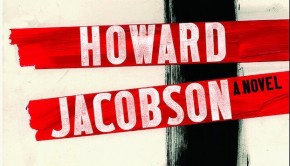The Empathy Exams: Essays by Leslie Jamison
| Press reviews | Buy the book | Have your say |
Blurb: The subjects of this stylish and audacious collection of essays range from an assault in Nicaragua to a Morgellons meeting; from Frida Kahlo’s plaster casts to a gangland tour of LA. Jamison is interested in how we tell stories about injury and pain, and the limits that circumstances, bodies and identity put on the act of describing.
(Granta, 2014)
Dwight Garner, The New York Times
“Extraordinary… In Our Mutual Friend, Charles Dickens described a young woman as having “a heart well worth winning, and well won.” It’s high praise. Ms. Jamison wants us to own similar hearts. It’s an egalitarian impulse. Mine tells me I’ll read whatever she writes, as long as I’m around.”
Olivia Laing, The New York Times
“[An] extraordinary, exacting collection of essays… Because they all work to some degree over the narrow field of personal experience, they inevitably turn up the same items of autobiography, perpetually introduced as if for the first time. This has a strange, unwitting effect in a book so preoccupied with the registering of and response to distress — it makes Jamison sound self-preoccupied, too caught up in her own stories to recognize that the reader has encountered them before. A small point, and clearly a consequence of the form, it makes one wonder a little hankeringly what this collection could have been if it had been worked just a touch more. But perhaps this is greedy. It’s hard to imagine a stronger, more thoughtful voice emerging this year.”
Joanna Biggs, The Sunday Times
“Personal in nature, they are the sort of essays that Lena Dunham’s character Hannah probably thinks she’s writing in the series Girls: more often than not, the thing Jamison is writing about ends up helping her illuminate something in her life, be it a painful break-up or a callous comment made to her by a doctor before an abortion. Jamison, along with Emily Witt and Elif Batuman, is revitalising the post-Susan Sontag essay, but her best ones have the strongest sense of story: her portrait of the 2010 Barkley Marathons, for instance, in which runners race in loops for 100 miles, is a page-turner. It is here that the everyday and the fantastic in her work meet.”
Read full review (£)
Max Liu, The Independent
“”You can be too intelligent to be a novelist,” Martin Amis has written, “but never too intelligent to be an essayist.” Jamison has published one novel, but the courage and intelligence she displays in examining our need to feel indicates that the essay is her form. Sometimes she circles arguments with stylish phrases and is too quick to quote Joan Didion or Susan Sontag, when her own words are more illuminating. During a tour of Los Angeles’ ganglands, she quotes Sontag twice and, while I’m not saying she’s better than her heroes, she doesn’t need them as much as she thinks she does.”
Sophie Elmhirst, Financial Times
“Jamison is in total command of her material, able to swing from dry precision (“answer every question like you’re clarifying a coffee order,” she instructs herself before her abortion) to poetry: “a root system of loss stretches radial and rhizomatic”. But it is her ability to notice and needle her own artifice that makes her work fly. Her gaze is sharp and turns inward as often as outward. In this sense, she takes after the matriarch of the American essay, Joan Didion.”
Brian Dillon, The Guardian
“As a study in vulnerability, but also in types of speech and silence that surround the ailing body, The Empathy Exams is exceptional… you could object that too much of the personal revelation in this book is of an order that would not alarm anyone out of adolescence: drink, drugs and bad sex presented as a kind of radical dysfunction… The more vexing problems, I think, are tonal and stylistic. For all her exacting attitude to her own place in the stories she tells, and her clear indebtedness (along with everyone else) to David Foster Wallace, Jamison gives in at times to dismayingly vague, cod-poetic or plain overfamiliar formulations.”
Buy the book
Amazon | Foyles | Hive | Waterstones
OMNISCORE:












